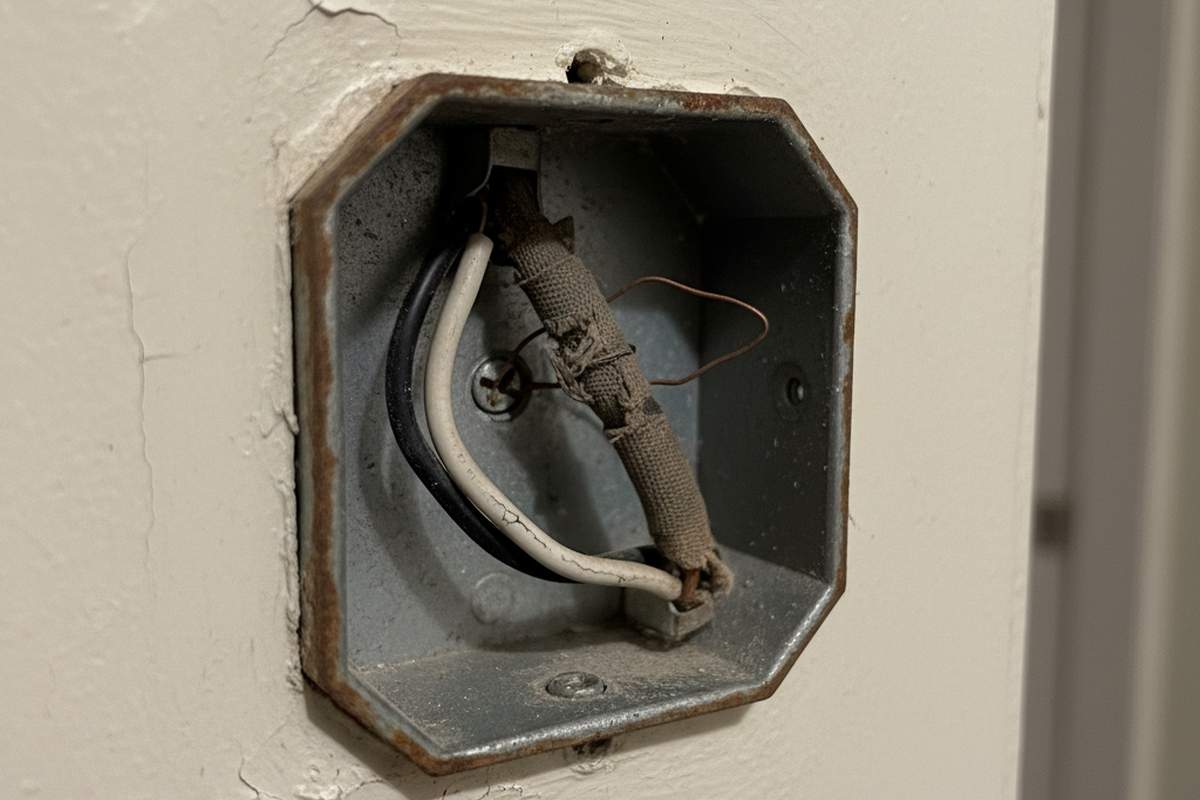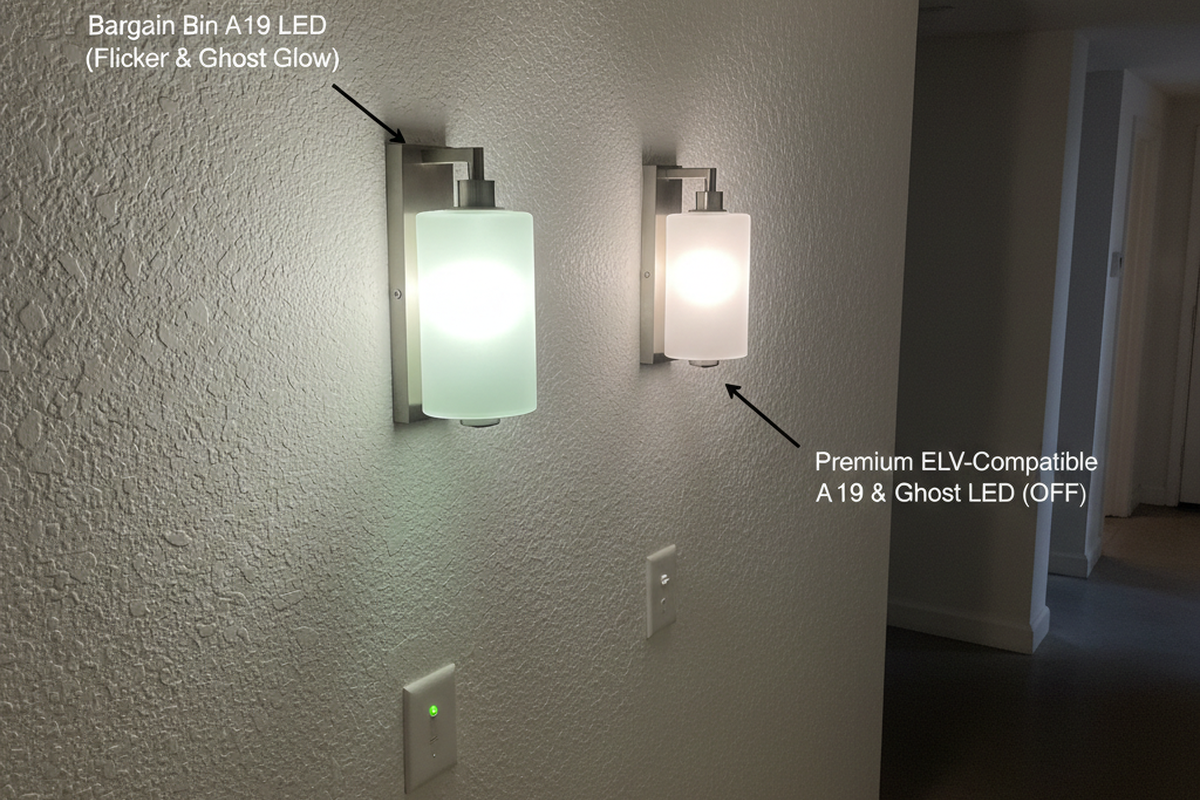What are Silicones
Silicones are a class of materials that possess unique characteristics due to their chemical composition. They are composed of an inorganic chain similar to silicates or glass, which is associated with high surface energy, as well as side methyl groups that are organic and associated with low surface energy. This combination of inorganic and organic properties makes silicones well-suited for various applications in the lighting industry, particularly in LED lighting systems.
The chemical backbone of silicones consists of silicon (Si) and oxygen (O) atoms, resulting in highly polarized Si-O bonds with a strong ionic character and larger bond energy. This property gives silicones high heat and UV stability, making them suitable for use in LED lighting systems where managing high temperatures and light flux is crucial.
Get Inspired by Rayzeek Motion Sensor Portfolios.
Doesn't find what you want? Don't worry. There are always alternate ways to solve your problems. Maybe one of our portfolios can help.
Silicones are also known for their moldability and low viscosity before cure. This allows them to be easily molded into complex shapes and thinner wall configurations, providing design flexibility for various lighting components such as secondary optics, light pipes, and light guides. Additionally, silicones offer advantages in the manufacturing process, such as lower energy consumption for molding compared to materials like glass or plastics, and the ability to replicate micrometer-sized features on lens surfaces.
Looking For Motion-Activated Energy-Saving Solutions?
Contact us for complete PIR motion sensors, motion-activated energy-saving products, motion sensor switches, and Occupancy/Vacancy commercial solutions.
Frequently Asked Questions
Does Silicone Block Light
Silicone polymers are known for their transparency, allowing light to pass through them. However, it is important to note that they do have the ability to absorb certain types of infrared (IR) light. This can be verified by conducting a quick search on Google for specific examples. It is worth mentioning that silicone polymers only become opaque when fillers are added to them.
Why We Do Not Typically Use Silicon as a Light Emitting Source
Silicon, which is widely known for its use in electronics, is not commonly utilized as a light emitting source due to the absence of effective light emitters and lasers.
Does Silicon Absorb Light
Silicon has the ability to absorb light at higher wavelengths. It can capture light that matches the energy difference between any molecular orbital in the valence band and the conduction band.
Does Silicone Stop Static Electricity
The key advantage of using a silicone ring for electricians is that it is made of a non-conductive material, meaning it does not conduct electricity.
Is Silicon Used in Light Bulbs
Due to its exceptional temperature resistance, chemical stability, and low compression set, silicon is widely preferred as the material for numerous LED lighting applications. This is because it can effectively handle the high heat generated by the diodes.
Does Silicone React With Anything
Silicone has a non-reactive structure and low surface energy, making it resistant to most chemicals. However, high concentrations of certain inorganic chemicals, such as sulfuric and hydrofluoric acids, can cause damage to silicones.
What Is the Best Material to Avoid Static Electricity
Rayon, acetate, polyester, and nylon are known to be prone to static cling, so it is advisable to steer clear of these materials whenever feasible. Instead, consider choosing fabrics that are more natural, such as cotton, wool, silk, or linen. Maintaining an optimal level of humidity in your home is also crucial in combating static electricity, as dry air is a significant contributing factor.
Do LEDs Use Silicone
Silicone-based materials are commonly utilized in the packaging of LEDs as optical encapsulants and lenses for high-brightness LED (HB LED) devices. Additionally, this category encompasses various silicone-based adhesives for die attachment and optically reflective materials.
Is Silicone Safe for Humans
Because silicone is chemically stable, experts have determined that it is safe for human use and is unlikely to be toxic. This has resulted in the widespread use of silicone in cosmetic and surgical implants, such as breast and buttock augmentations.









